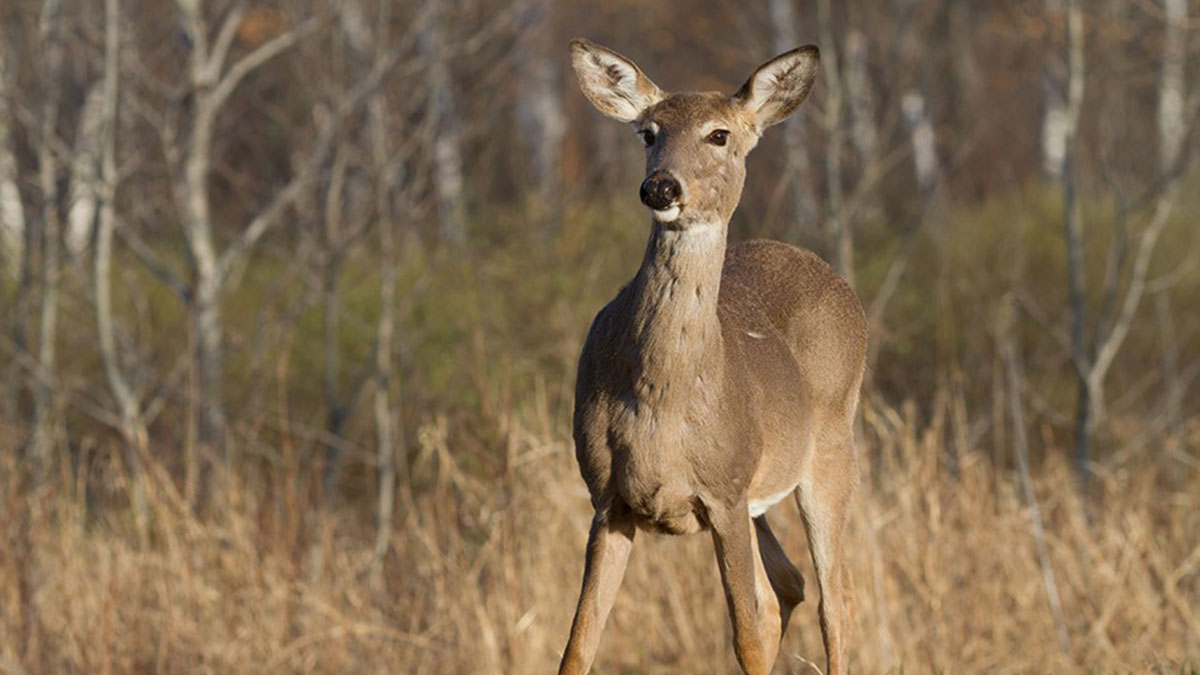With deer hunting season upon us, Wisconsin state officials are encouraging hunters who harvest deer in counties affected by chronic wasting disease to have the animal tested for CWD, and only consume venison from deer in which CWD is not detected. Testing options are also available in other areas of the state.
“Although this venison consumption advisory has been in place for years, we thought it was important to remind people of it as we approach this fall’s deer season,” said Rachel Klos, state public health veterinarian of the Wisconsin Department of Health Services (DHS). “The safest approach is to only consume venison from healthy-appearing deer with test results indicating that CWD was not detected. This is consistent with recommendations from the Centers for Disease Control and Prevention and the World Health Organization.”
CWD is a fatal disease that affects the nervous system of deer, elk moose, and caribou. An abnormal protein called a prion causes the disease, which is not destroyed by cooking temperatures. The Wisconsin Department of Natural Resources (DNR) has been testing samples from hunter-harvested deer to monitor the disease in the wild deer herd since it was first detected in 2002. The testing methods conducted on the samples provide results about whether CWD was detected or not detected at the time of sampling.
“Although a not detected test result does not guarantee the tested animal is not infected with CWD, it does make it less likely,” said Tami Ryan, DNR acting director for the bureau of wildlife management. “Testing also allows hunters to make informed decisions about the consumption advisory.”
To date, there have been no known occurrences of CWD infections in humans from consuming infected meat.
Find more information here.
(Photo source: Wisconsin Department of Natural Resources)
